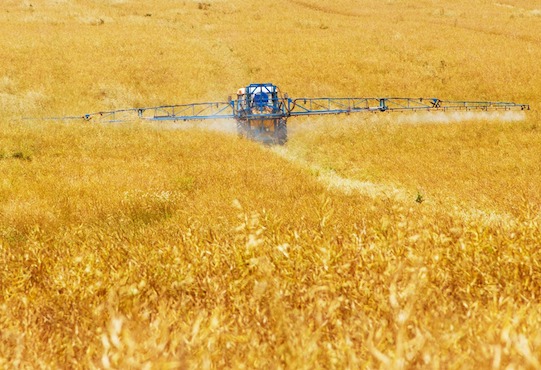In November, three organizations, Pollinis, Le Basic and Terre Solidaire jointly published a shocking study about the hidden socio-economical costs of pesticides, where we learn that the European Union is one of the biggest consumer of pesticides in the world. This publication adds to the long list of recent controversies regarding pesticides in the EU. Let’s rewind!
On the list of dangers to human health, biodiversity and the planet, pesticides are definitely among the front runners. Often called out by science and civil society organizations for driving biodiversity loss, increasing the risk of cancer and reproductive abnormalities, these toxic chemicals yet remain highly popular in nowadays’ industrial agriculture. With a global market worth $53 billion in 2020, there is no wonder why the pesticide industry fights hard to repel any political or social attempt to shift towards a farming model that works in harmony with nature, with no external inputs. The European Union (EU) is no exception, where the industry spares no cost to reach its goals.
A Shocking Study on the Hidden Costs of Pesticides
In a study published last November by Pollinis, Le Basic and Terre Solidaire, about the hidden socio-economical costs of pesticides use for human health and the planet, we learn that the European Union is one of the biggest consumer market of pesticides, with €12 billion in sales to farmers in 2019, a trend that has not even enabled a raise in farmers’ income, giving a shattering blow to the good old myth promoted by the pesticides industry. On the contrary, while the end price of food for consumers has increased fivefold since the 1960s, farmers’ share of that value keeps decreasing. A worrying trend, mainly due to “the decline and volatility of commodity prices and the rise of input costs” the researchers find– meaning chemical fertilizers and pesticides.
Read full article Pesticides in the EU: A Creeping Costly Venom at: slowfood.com
16 diciembre 2021Original Author: Alice Poiron

